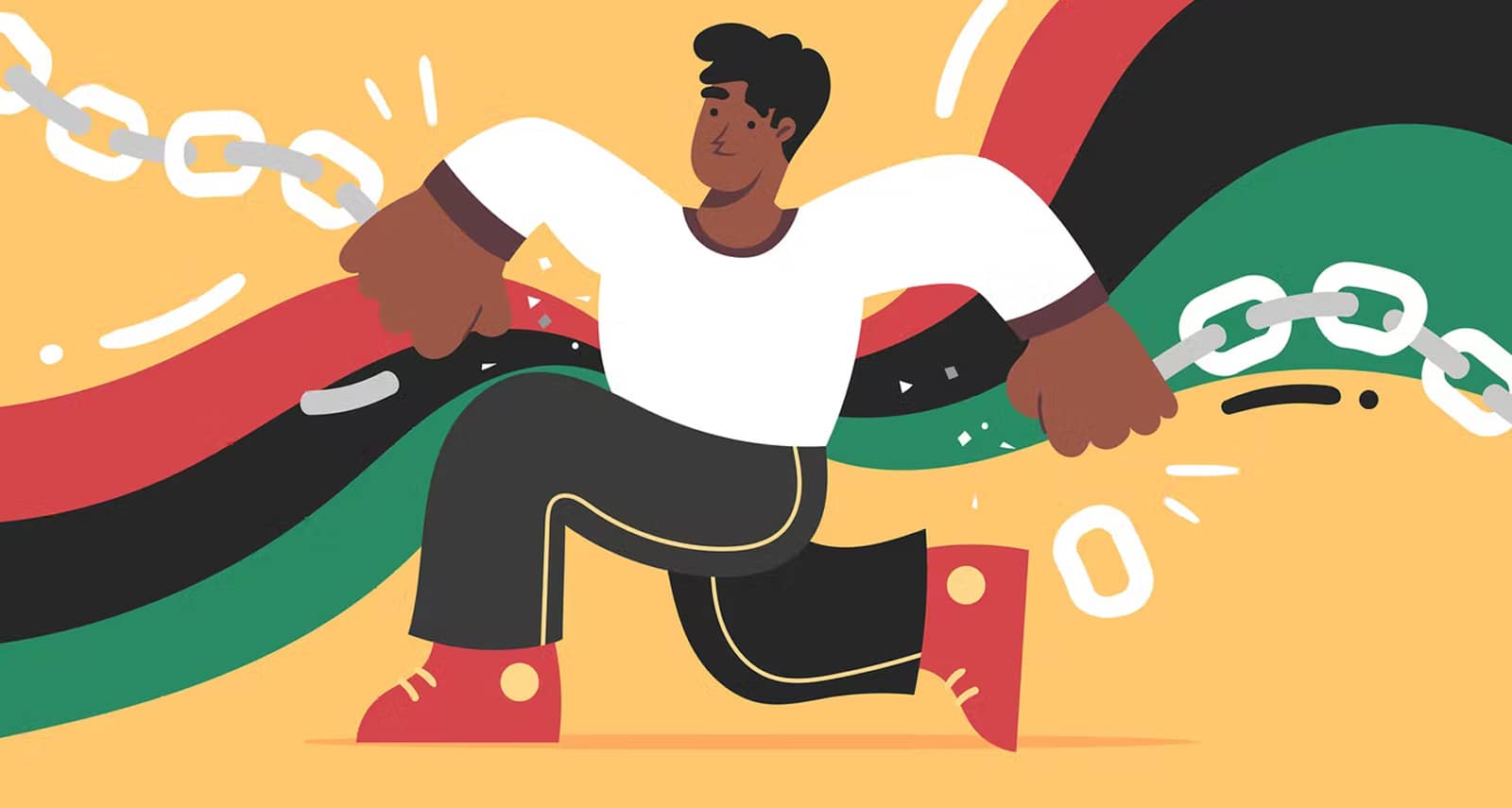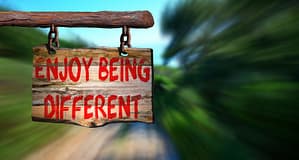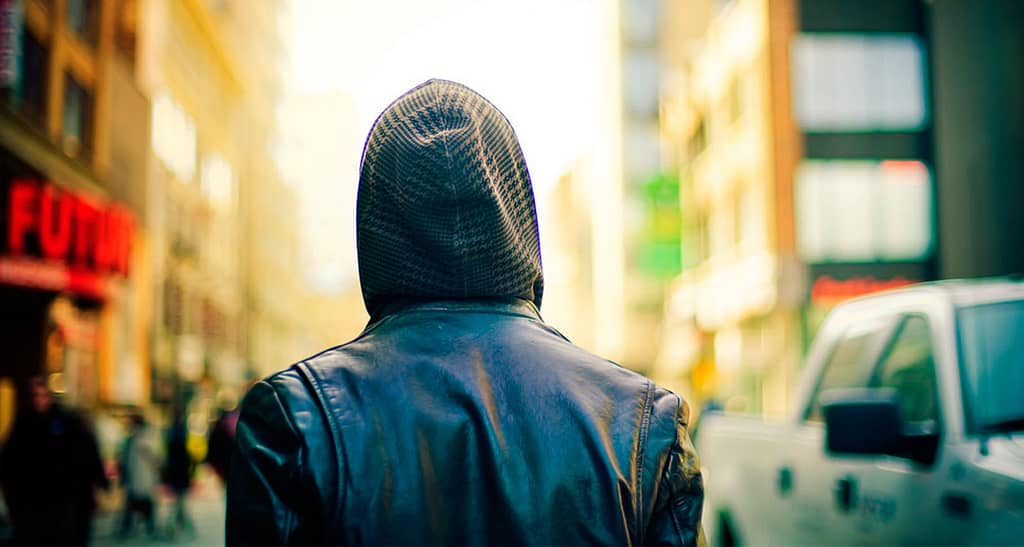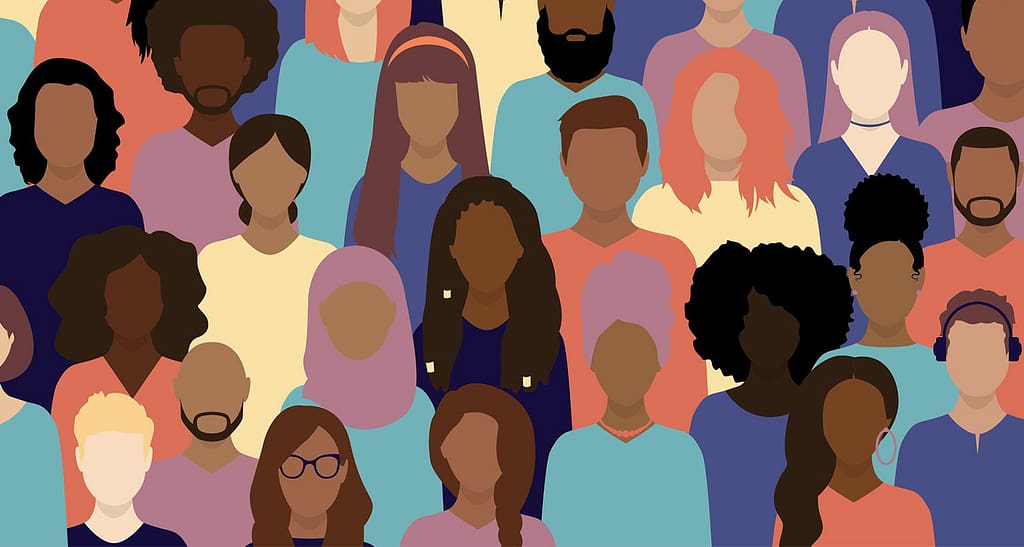
- Bernie Holford
- August 1, 2020
Facebook
Twitter
WhatsApp
Telegram
Email
Why it is Not Enough to Say I’m Not a Racist
Most people I talk with know that I’m a pastor and they don’t use racist language around me. Occasionally, when talking to neighbours, I may hear a racist insinuation. They are learning that I will try to tactfully challenge these attitudes. Being Jesus’ salt in the world means I have to pray for courage to speak out, even if others do not like it.

Racism is not only morally wrong; it is a sin. As Seventh-day Adventist Christians we are very concerned about sin and like to define it so that we can recognise and avoid it. We cite ‘Sin is the transgression of the law’ (1 John 3:4), and we hope that, by keeping all the ten commandments, we will be counted with Jesus’ sheep on judgement day (Matthew 25:32, forwards).
However, from Matthew 5:21 forwards, Jesus challenges this minimal definition of sin. Sin is not just the physical act but an attitude. He redefines the sin of murder as inappropriate anger against a fellow human being. Sin is more pervasive than the legal definition implies. In a similar way, racism is more deeply rooted than many of us have acknowledged.
Since the death of George Floyd on 25th May, I have learned that it is not enough to say, ‘I’m not a racist because I don’t use the ‘N-word and have black friends.’ Like the sin problem, my unconscious racism is deeply embedded in my identity and history.
As a white Englishman (with a German mother), I have tried to re-evaluate my cultural identity. Simply being white has given me and my family opportunities and privileges that my black and minority ethnic (BAME) friends have had to work hard to achieve.
The first time I was told about ‘white privilege’ I rejected the idea. As a child of a long line of proud working-class ancestors, I could easily talk about ‘middle class’ privilege and how hard my parents had to work to climb the so-called ‘social ladder’. The second time I tried to get my head around the concept of ‘white privilege’, my mind began to understand that my history was like chalk and cheese when compared to my BAME friends’ experiences. But I still struggled with the idea that I was a benefactor of ‘white privilege’ until a black friend said, ‘I can get educated, but can never change the colour of my skin!’
As I prayed and pondered about this, a black friend patiently shared their story. As a BAME person, they would always be regarded by many people as ‘inferior’. It was as if God suddenly said to me, ‘Listen to their story with compassion and not judgment.’ God opened my heart to realise how arrogant and indifferent my attitude had been to the racial suffering of my brothers and sisters in Christ.
A few weeks ago, I confessed to my largely black congregation that I was sorry that I’ve been such a slow learner and pledged to ask God to help me fight for justice as the Bible teaches.
I am proud to be British and, in my lifetime, I have experienced a reduction of racism following the terrible injustices of our colonial past. However, when I listen to my BAME friends’ accounts of prejudice and often racial violence, I have to accept that racism, like sexism, is still prevalent. Jesus calls the majority to help the afflicted minority (Luke 4:18). As a white Christian, it is my calling to stand with the oppressed and speak out against all forms of injustice.
Most people I talk with know that I’m a pastor and they don’t use racist language around me. Occasionally, when talking to neighbours, I may hear a racist insinuation. They are learning that I will try to tactfully challenge these attitudes. Being Jesus’ salt in the world means I have to pray for courage to speak out, even if others do not like it.
I’d like to thank my black friends who have kindly helped me on this road towards becoming anti-racist. I’ve also been inspired by other books and talks.*
So, to summarise, systemic and general racism is real and is as pervasive as sin. White privilege is a given, and I am called to be more than ‘not a racist’ but a soldier of Christ, challenging racism wherever I experience it.
My prayer is that God will give us a desire to understand racism better and to guide us in our unique anti-racist ministries, so that together we can model the power of Christ’s love in this broken world.
__________________
*‘We Need to Talk About Race’ by Ben Lindsay, ‘White Fragility’ by Robin DiAngelo; https://youtu.be/HrOFpaB-PQI

How Should Christians be Different?
September 6, 2023

The Pastoral Caregiver – Bearer of Stories
September 6, 2023

What Takes to be Different?
September 6, 2023

The Beauty of Diversity Within the Body of Christ
September 6, 2023

The Butterfly, an Object Lesson of Transformation
September 6, 2023

Mitigating the Risks of Cultural Compromises
September 6, 2023

Embracing Christ-Centered Counterculture
September 6, 2023








